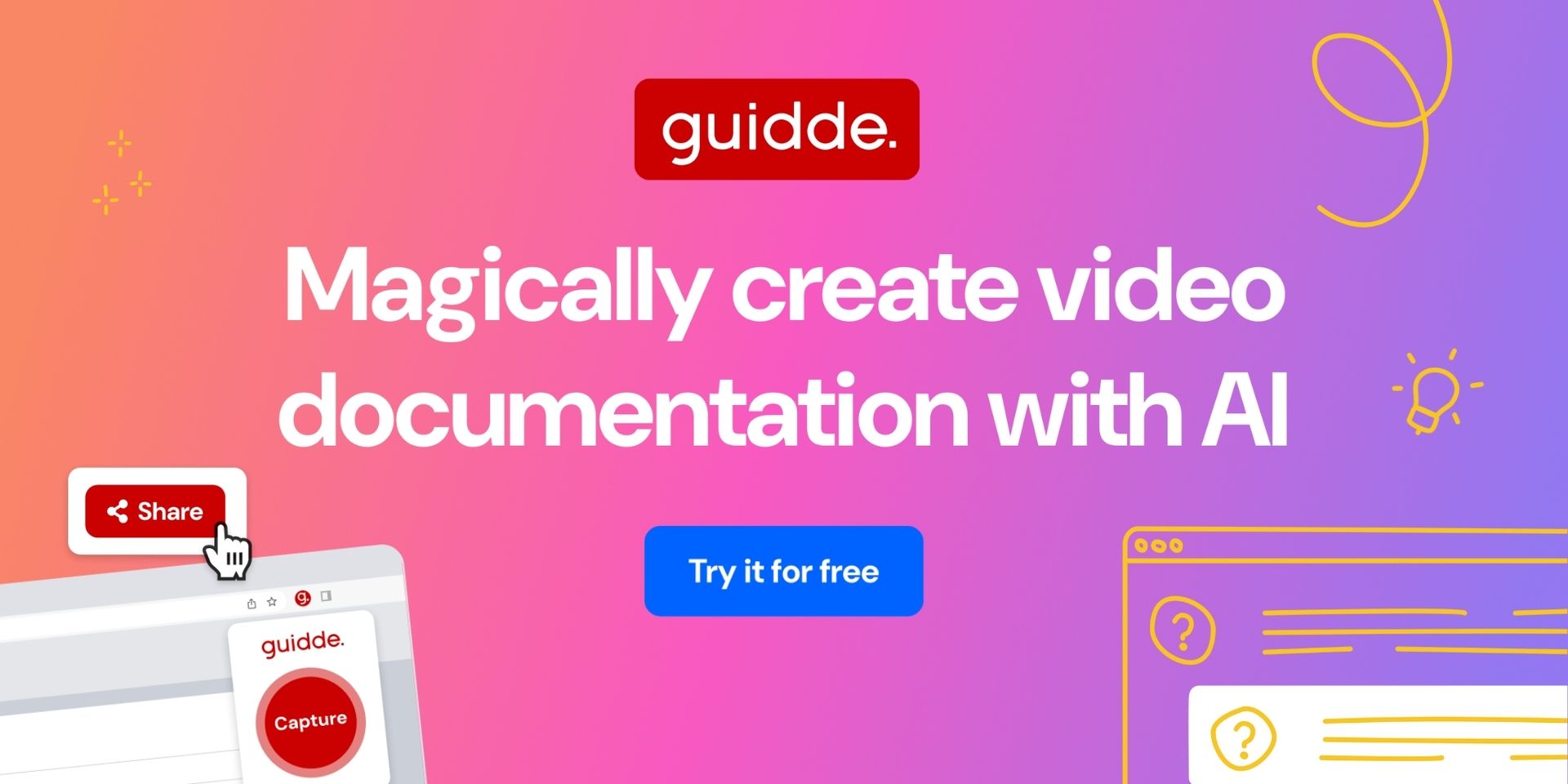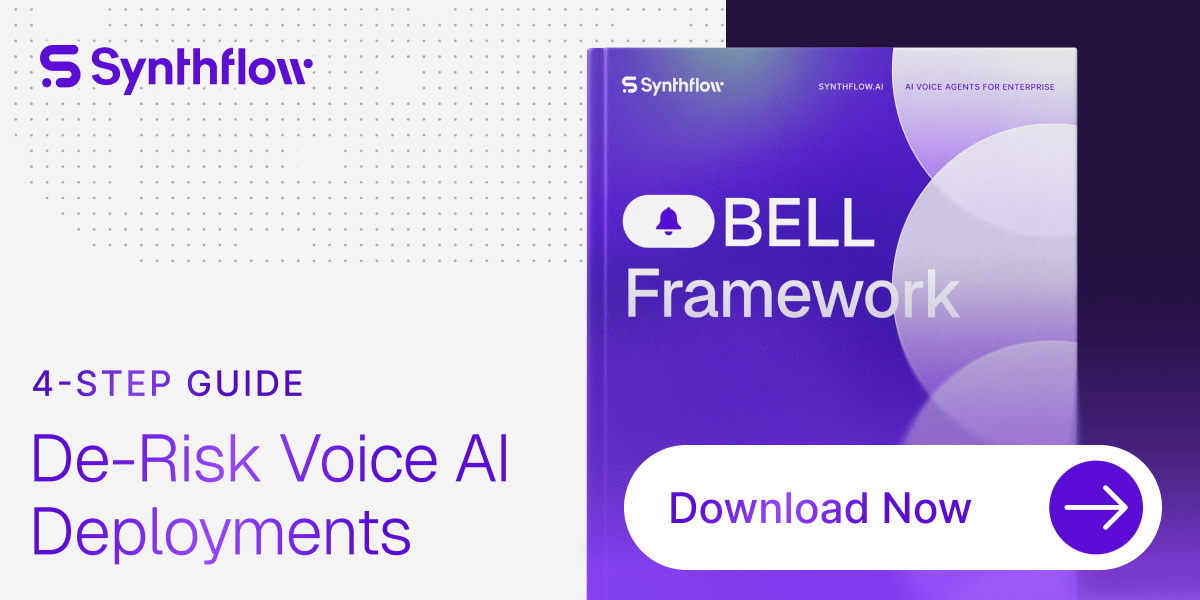- AI Horizons
- Posts
- OpenAI Launches ChatGPT Atlas: A Standalone AI Browser for the Web
OpenAI Launches ChatGPT Atlas: A Standalone AI Browser for the Web
PLUS: Google’s Quantum Breakthrough, New AI Safety Warnings, and a Tool That Turns Figma into Full Apps
Welcome back to AI Horizons, your shortcut to the latest in AI, tech, and strategy. Here's what’s on deck today:
ChatGPT Atlas Web Browser
Google’s Quantum Echoes
AI Safety Petition
AI Browser Security Risks
OpenAI Buys Mac Software Company
Turn Design into Functional Apps
FEATURED INSIGHT💡
ChatGPT Launches Atlas, Redefining Web Browsing

OpenAI has launched ChatGPT Atlas, a new browser for macOS built around the ChatGPT assistant itself. It’s not an extension—it’s a re-imagined browser where AI sits inside your workflow.
Atlas understands the page you’re viewing, answers questions in context, and can take direct actions like searching, summarizing, or completing forms. A new Agent Mode allows ChatGPT to plan and execute tasks such as researching vendors, compiling notes, or booking appointments—all without switching tabs.
It also introduces Browser Memories, which let ChatGPT recall information from sites you’ve visited to provide continuity across sessions. Users can view, archive, or delete memories anytime, and incognito mode disables them completely. Atlas rolls out worldwide today for Free, Plus, Pro, and Business users, with Windows and mobile versions coming soon.
OpenAI emphasizes control: browser data isn’t used for model training unless you opt in, and parental controls and memory visibility settings carry over from ChatGPT. Still, the arrival of an agent-enabled browser marks a major shift—the moment AI begins to live inside the web itself.
Simplify Training with AI-Generated Video Guides
Simplify Training with AI-Generated Video Guides
Are you tired of repeating the same instructions to your team? Guidde revolutionizes how you document and share processes with AI-powered how-to videos.
Here’s how:
1️⃣ Instant Creation: Turn complex tasks into stunning step-by-step video guides in seconds.
2️⃣ Fully Automated: Capture workflows with a browser extension that generates visuals, voiceovers, and call-to-actions.
3️⃣ Seamless Sharing: Share or embed guides anywhere effortlessly.
The best part? The browser extension is 100% free.
ON THE HORIZON 🌅
Google’s Quantum Echoes Algorithm Delivers Verifiable Quantum Advantage

Image Source: Getty Images
Google Quantum AI has achieved the first hardware-based, verifiable quantum advantage using its Willow chip and a new algorithm called Quantum Echoes.
In tests published in Nature, Willow solved molecular-structure simulations 13,000× faster than one of the world’s top supercomputers. The algorithm’s results can be independently reproduced on other quantum devices—proof that the outcome isn’t just random noise.
The technique functions like a “quantum ruler,” measuring atomic distances through amplified interference patterns. Partnering with UC Berkeley, Google used Quantum Echoes to map molecules containing 15 and 28 atoms, confirming its accuracy against standard NMR data.
This milestone pushes quantum computing out of the theoretical realm and into applied science, with early implications for drug design, advanced materials, and clean-energy research.
LATEST IMPORTANT NEWS 📰
AI Pioneers Call for a Pause on Superintelligence
Hundreds of scientists, technologists, and public figures (including Geoffrey Hinton, Yoshua Bengio, Steve Wozniak, Richard Branson, and Yuval Noah Harari) signed an open letter urging a temporary halt to systems that could surpass human cognition. It warns of risks to freedom, privacy, and national security as frontier AI races ahead.
The Security Risks with AI Web Browsers
Security researchers are flagging serious concerns around AI-driven browsers like Atlas and Perplexity Comet. Because these agents can click, fill forms, and access logged-in sessions, they open the door to prompt injection attacks — malicious text hidden on web pages that trick the agent into leaking data or executing commands.
OpenAI’s “logged-out mode” and Perplexity’s live threat scans help, but the Brave team calls the issue “systemic.” Until tighter sandboxing arrives, users should limit agent permissions and keep sensitive accounts separate.
OpenAI Buys Sky
OpenAI acquired Sky, a Mac interface from the creators of Apple’s Workflow (now Shortcuts). Sky acts as a desktop assistant layer that can see what’s on your screen and help you write or code, hinting at deeper integration between ChatGPT and macOS.
FOR THE TECHNICALLY INCLINED 🛠️
How Text Diffusion Actually Works
Text diffusion models (a new approach to language generation) generate language the way image diffusion models generate pictures — by gradually denoising noise into coherence. Instead of writing one token at a time like GPT, they rewrite the entire sequence repeatedly, each pass removing noise and predicting cleaner tokens.
Instead of predicting the next token, these models use bidirectional attention, allowing every token to see full context at each step. It’s the same principle behind BERT’s masked language modeling, extended across multiple mask rates (from fully masked to fully visible) creating a full-text “rewrite loop.”
Recent experiments show that even encoder models like RoBERTa can generate text when trained this way. By iteratively masking and denoising, they blur the line between understanding and generation — pointing toward a future where diffusion replaces autoregression as the foundation of language modeling.
The New Enterprise Approach to Voice AI Deployment
A practical, repeatable lifecycle for designing, testing, and scaling Voice AI. Learn how BELL helps teams deploy faster, improve call outcomes, and maintain reliability across complex operations.
AI TOOL OF THE DAY 🚀
App2 instantly turns your ideas or Figma designs into fully functional web and mobile apps in minutes, no backend setup required. A handy shortcut for founders and designers testing prototypes.
That's all for now!
We'll catch you in the next one.
Cheers,
The AI Horizons Team
P.S. If you missed our last issue, no worries, you can check out all previous issues here!
P.P.S We value your thoughts, feedback, and questions - feel free to respond directly to this email!
... and if you enjoyed this email and would like to support our work and help us keep bringing you cutting-edge AI insights, you can donate here. Every bit makes a difference—thank you for your support!
What did you think about today's email? |


